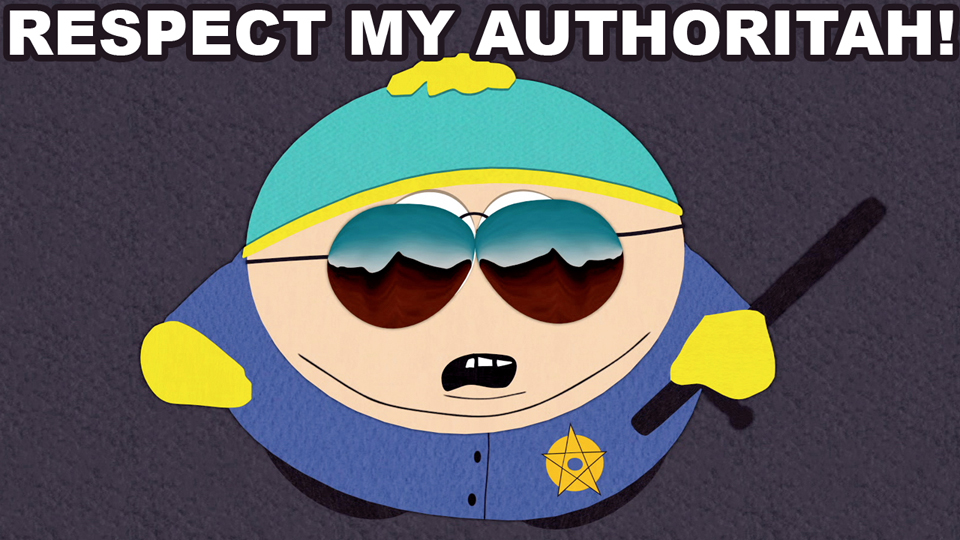The Streisand Effect is a Harsh Mistress

David Karpf has shown a lot of grace under pressure since Bret Stephens tried to bully him into silence. This interview is really good:
And he apparently spends his Monday nights searching his name, not his handle, but his name on social media so he can lash out at people that have less power than him that say mean things about him. That means, A, he doesn’t understand the Streisand effect. Strategically, that’s dumb. But, B, it also means that he thinks by virtue of the power and privilege he has at the New York Times, he thinks by virtue of that that other people shouldn’t be allowed to criticize him.
And that’s what makes this a serious issue, because again, I don’t have to worry. I have tenure. And my university’s made it clear they have my back. And of course they do because I didn’t do anything wrong. But if this is something that he’s saying to me, this means that it’s also something that he thinks it’s appropriate to say to other people who have less power and authority than I do. And he’s going to abuse his privilege in that way, it makes the New York Times look terrible, and the New York Times ought to tell him to shut it down and get out.
He expands on the point in an essay here:
But here’s what still bothers me as this strange episode recedes from the news cycle: Bret Stephens seems to think that his social status should render him immune from criticism from people like me. I think that the rewards of his social status come with an understanding that lesser-known people will say mean things about him online.
Stephens reached out to me in the mistaken belief that I would feel ashamed. He reached out believing my university would chastise me for provoking the ire of a writer at The New York Times. That’s an abuse of his social station. It cost me nothing, but it is an abuse of his power that would carry a real penalty for a younger or less privileged academic. The Times should expect more of its writers. Stephens should expect more of himself.
No one has freer speech than a public intellectual with a regular column in the paper of record. Stephens is free to say whatever he wants. With that freedom comes the discomfort that people will disagree with you. If Stephens is going to have this social power, he is going to have to learn to wield it more responsibly.
To put it another way, Stephens isn’t even precisely being a hypocrite here. His belief that people with status have a JOB TO INFLICT and people with less status have to either lavish this with praise or shut up is, in its appalling way, a consistent worldview:
There’s no inconsistency in Bret Stephens writing columns sneering at college students for being too sensitive and then melting down when he himself is lightly insulted on Twitter. The principle is: Bret Stephens is better and more valuable than college students.— Tom Scocca (@tomscocca) August 28, 2019
To write column after column about how college students shouldn’t protest their social betters while the Trump administration strips people of their visas and deports them because of stuff their friends said on social media is ridiculous, but in its own twisted way it’s consistent. And it also shows that the gap between the gap between Trump and the dwindling number of never-Trump conservatives is smaller than either would like to think.
